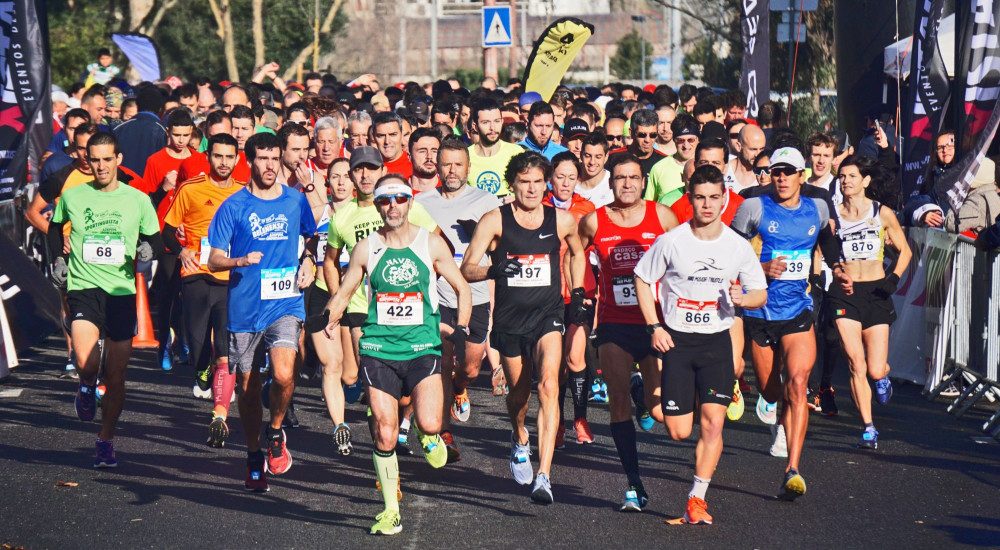Distance running is a popular form of exercise, but there are a few fundamentals to look before you join in on all the fun.
Many runners like to add competition to their training schedule. A marathon is the ultimate goal for many runners, but 5K is a great distance for people who don’t run that much. You have a good chance of finishing it, and it’s not like a marathon where you have to put all in.
Running Log
There are things to consider when distance running is on the table. Aside from getting a reliable pair of running shoes and other gear and staying hydrated, have a running log. You can place all the running stats there and watch your progress and examine for signs of improvement.
The log sheet may comprise:
- daily time or distance,
- weight,
- your morning pulse,
- subjective records regarding your run, and
- comments.
Your comments give you an idea of how you felt after or even before the field. The log provides you the information you can tap into when you start feeling some pain. You can also figure out what’s wrong with your training to shift into better methods.
The race day excitement – Are You Ready?
Running races helps motivate you to push harder. They can also be fun. The race day feeling is nothing you’ve ever encountered before. There is a sense of competition, excitement, adrenaline, and fellowship in the air. It’s stimulating.
So how do you know when you’re ready for your first race?
1. You Can Run 3 Miles at Your Own Pace
5K is the race that most people sign up for first. It’s a short time engagement but still a challenge, a fit distance to run. 5K races are common, and in most communities, you can find one nearby on almost every weekend.
If you can run 3 miles at a suitable pace, then you’re ready for your first 5K (3.1 miles). Just take it slowly at the first time.
2. You Need a Little Push and Motivation
You might be in a point where they need extra motivation. You might need a push or something to help you work harder.
A race can be the answer if you:
- want a new greater goal to aim for or
- you need some extra motivation.
Racing, even if you are not a competitive person, motivates you to work at your best. You push yourself harder on race day, to see what you’re capable you of.
3. You’ve Achieved Your Other Running Goals
What was your motivation, or reason to run? If you’ve reached your goal, you might look for another reason or purpose to continue. Basically, you don’t need a reason to run (other than that you enjoy it), but having a goal helps you find extra motivation to your runs.
There are numerous reasons to sign up for the first race. Maybe you look for bragging rights, or you pile your closet with race t-shirts and race souvenirs.
Whether you’re a practiced runner or off the couch, make sure you have at least a few months to prepare and train.
Strategies for Making the Longer Runs Possible
A good strategy for making the longer runs possible is to find a running buddy.
Talk to your friends and find someone willing to begin the journey of training with you. Check your time tables so you can train together, at least on your longer runs. No man is an island, and that is correct with training for your first long run.
Most people slip from their commitment after a few weeks if they don’t have anyone to train with. And it helps when there is someone to hold you accountable when the training plan becomes more intense.
If you’re serious about running, these is a great article on how to increase running endurance on Runnersblueprint.com. It talks about runners stamina, gradual progress, benefits of walk-run method, tempo and interval runs, recovery, and so on.
Once you’ve found the perfect training partner, check the best training schedule for your time, needs, and running goals. Getting on a specific plan for 5K training will prevent you from over or under working yourself.
It is no easy thing; you have to work to get into shape for a longer run, so find a schedule and then stick to it.




